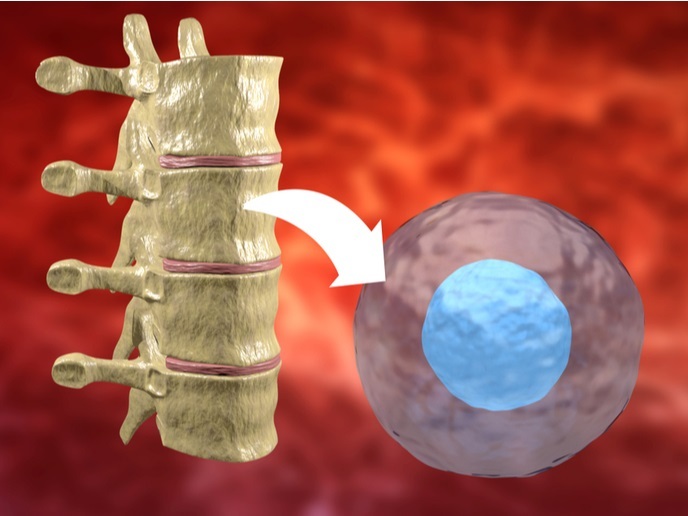Film innovation reduces infection risk on surfaces
Increasing urbanisation means more and more people living in densely populated cities, aiding the spread of bacterial infections. Around 33 000 deaths(opens in new window) are caused by drug-resistant bacteria each year in the EU, with a continuously increasing number of bacteria resistant to antibiotics. “With 4 billion people living in cities worldwide, urban areas risk being major sources of infection,” says FLEXPOL(opens in new window) project coordinator Maximilian Kosel, research fellow at the Fraunhofer Institute for Production Technology(opens in new window) in Germany. “Globalisation means that population movements have become very difficult to control. Bacteria are rapidly distributed in close urban environments, dramatically increasing the potential for infection.” To overcome this issue, the EU project FLEXPOL has developed an antibacterial adhesive film that can be applied to high-touch surfaces like door handles. “By reducing the spread of infectious germs, we can save lives, reduce the need for antibiotics, and lower hospitalisation costs, along with lowering the number of days people take off work," says Kosel.
Efficient film production
A key aim of the project was to investigate whether a continuous film production line was feasible. This was deemed essential in order to achieve cost efficiencies, and to ensure that the innovation could be affordable for all healthcare facilities. Two production pilot lines were set up. The first extracted and encapsulated essential natural oils, which were then embedded into a 0.1 mm thick polypropylene(opens in new window) material. In the second pilot line, the surface structure of the material was developed. Toxicity assessments were carried out throughout the project. Both pilot lines were continuously guided by performance analysis in the laboratory. A key challenge was that the International Organization for Standardization(opens in new window) guidelines for antimicrobial testing are not applicable to highly hydrophobic(opens in new window) surfaces, as is the case with the FLEXPOL film. So a novel testing protocol for such surfaces had to be developed.
Real-life applications
After demonstrating that efficient production was possible, the film was tested in a hospital in San Sebastian, Spain. This helped the project team to assess how the innovation would perform in a real-life situation. Although more research is needed before commercialisation, the results have been positive. A range of potential end-use applications has been identified. In addition to hospital surfaces, such as in waiting rooms, the FLEXPOL adhesive film might also help to cut bacterial infections across a range of everyday situations. Applied to public transport surfaces for example, the film could reduce the risk of infection in populations that have to live and work in close proximity. “FLEXPOL could contribute to the sterilisation of surfaces in buses, aircrafts or car-sharing vehicles along with public toilets in transportation hubs and airports,” says Kosel. Applying an antibacterial adhesive film to consumer goods like phones could be a massive potential market. Every tap, swipe and phone call results in further exposure of the touch surface, where bacteria can accumulate. Similarly, door handles, elevators and desks in public buildings and workspaces are touched by numerous people throughout the day. An antibacterial film could significantly reduce the risk of infection, an issue that has never been more relevant than it is today.







